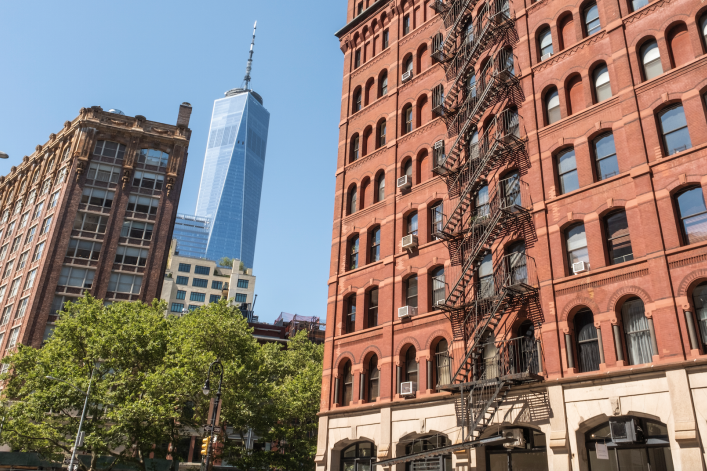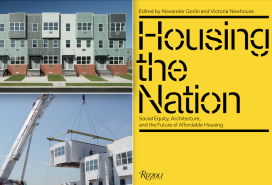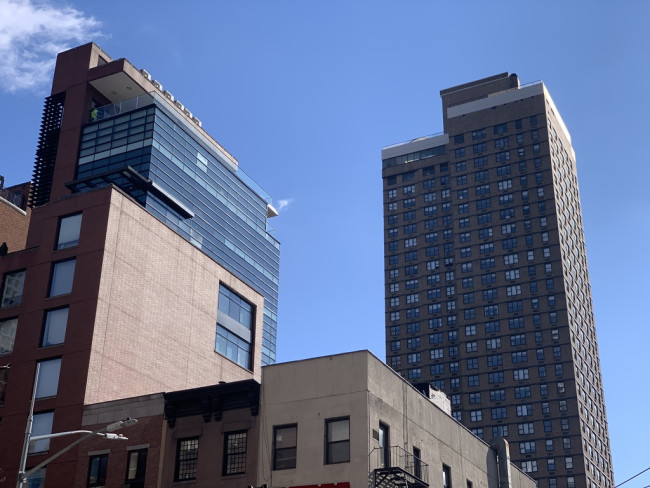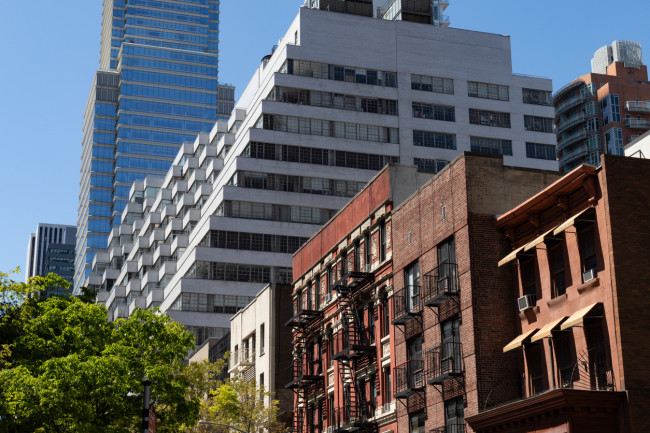Should you rent or buy in NYC right now?

There are good reasons to buy and equally good reasons to rent right now.
iStock
If you are weighing whether to rent or buy in New York City, it’s possible you have more options right now. The coronavirus prompted many residents to leave the city and that means there are a record number of apartments available for rent, with landlords willing to negotiate and offer concessions in order to fill vacancies.
On the other hand, mortgage rates are at their lowest in decades and the uncertainty of the coming months means buyers are in a strong position to negotiate, especially if the seller is motivated by their own fears or financial situation. As Barbara Fox, president of Fox Residential, puts it: "There are few buying opportunities that come up in the New York market, and this is one of them."
Whether you rent or buy will be a personal decision based on your specific circumstances. Some developers are giving you the opportunity to do both by offering rent-to-own options in high-end new developments where sales were sluggish even before the pandemic. With good reasons to both buy and rent at the moment, here are the considerations to make as you decide what’s best for you.
Can you afford the down payment?
One argument is that if you have strong finances and you want to buy, right now is the sweet spot, when mortgage rates are low and buyers have the upper hand.
“The reality is that if you ever wanted to purchase a property, now would be a good time because prices are low in New York,” says Kobi Lahav, director of sales at Living NY.
He points out the best deals right now are in larger apartments and new development in prime areas where sponsors will often pay transfer taxes, closing credits, and sometimes throw in a parking space as well as a discount. “Even in resale, if you go to the high-end market at $5 million or $6 million, you might be able to get $1 million off,” he says. However, 20 percent down on a $5 million apartment is still $1 million and that is out of reach for many.
If the funds you have available for a down payment are closer to $200,000, there are still opportunities, Lahav says. “Leverage takes you further when prices are declining because you can hit a price point that you wouldn’t be able to hit in a regular market.”
If your financing is solid and you're confident about buying, Lahav suggests finding the entry point that’s right for you in a prime area. For example, buying in a new development project in Cobble Hill might be a sensible, if more expensive, option than say a similar place in Buckwick or Bed Stuy because when you go to sell, the chances of competing against 10 other new buildings in Cobble Hill is slimmer.
If you're in the market for a NYC townhouse, it might be harder to find a deal right now because the townhouse market is hot, especially under $2 million, thanks to demand for more space, privacy, and a backyard. When buying a brownstone you'll also find it's more of a hands-on investment than living in a co-op or condo.
Where is your money best put to use?
If you have the funds for the down payment, buying a property will tie up that money. Is equity more important to you than liquidity? Speak to a financial advisor about whether it might be better to put that cash in a low-risk, high yield savings account.
You don't want to find you can't pay for medical expenses or other emergencies because your money is tied up in your apartment. Liquidity will be an important part of your decision making, says Lucas Callejas, an agent with Triplemint.
"Being a little more fiscally conservative will go a long way for peace of mind right now. If you're in a stable job, but have just enough for a down-payment—and not much else—look at properties that won't totally drain your cash, or possibly rent, but not at your max," he says.
If you're a first-time buyer you may be eligible for loans and grants that are supported by buyer education classes and can give you the confidence you need to go forward with a purchase rather than continue renting. However, if you are hesitant or unsure, Samantha Rose Frith, an agent with Warburg Realty, suggests "the most stress-free option is to rent, especially because there’s a lot of rental inventory to choose from."
Melissa Leifer, a salesperson at KWNYC, also suggests speaking to an accountant or attorney about the tax benefits to buying now.
“Consider whether a purchase will improve your investment portfolio and whether it is the safest place for your money,” she says. Even if NYC rebounds there are no guarantees about the timing, especially if there are delays to an effective vaccine.
Ash Exantus, director of financial education at BankMobile, points out it's possible apartment prices have further to drop. "The pandemic could negatively affect the housing market and it will give you the opportunity to buy property at a cheaper price later," he says.
The received wisdom is that holding onto a property long term will reap rewards. Lahav doesn’t believe that means you have to wait 10 years before you’ll see an increase in the value of your property. He predicts real estate values climbing again within two or three years because we are in such a “hole” right now.
Keep in mind, however that as a seller, you may not be able to time the market.
Consider where you’ll be in five years
Establishing some long term and short term housing goals will help you narrow down whether to rent or buy. Leifer asks, “Is it possible your job could transfer you? Are you looking for something with investment potential or just looking for a primary residence?”
If you can afford to buy, you may still have questions about which NYC neighborhood is right for you. “Rentals are great if you're in between buying or selling, want to get the lay of the land before committing, or you’re in a temporary situation,” Leifer says.
If you have the funds for a down payment, make sure you’ve included closing costs and carrying charges in your calculations. Unless you are willing to hold onto a property for at least three to five years, what you gain through ownership might not balance your losses after you factor in the administrative costs of buying and on ongoing costs of ownership.
These are what Scott Harris, a broker at Brown Harris Stevens, calls friction costs.
"If a timeframe that a prospective purchaser wants to live in an apartment is too short, we would guide them to rent. However, if the timeline is long enough, there are usually more compelling reasons to buy,” he says.
What kind of flexibility do you need?
The majority of NYC residents are tenants—two thirds, according to the latest census data—even though it is less a choice and more of a financial necessity for most. Consider what kind of flexibility is most important to you. With a mortgage, your payments are stabilized but if you are living in the property and decide you want to leave, you’ll have to sell or find a tenant and some co-ops have restrictions on sublets.
If you're a tenant, lease renewals in market-rate apartments are not guaranteed and there's always the chance your landlord will increase the rent.
The coronavirus has made the future uncertain for everyone. High paying jobs are at risk and working from home is now the norm. Lahav says if there’s a second wave of the virus, someone who is on the fence about buying or renting might want flexibility to leave the city.
“In that case renting might be a better solution—you can always break the lease or try to get some kind of arrangement with your landlord. Your financial obligations will be smaller than actually owning a property where you have to keep paying taxes and common charges,” he says.
























